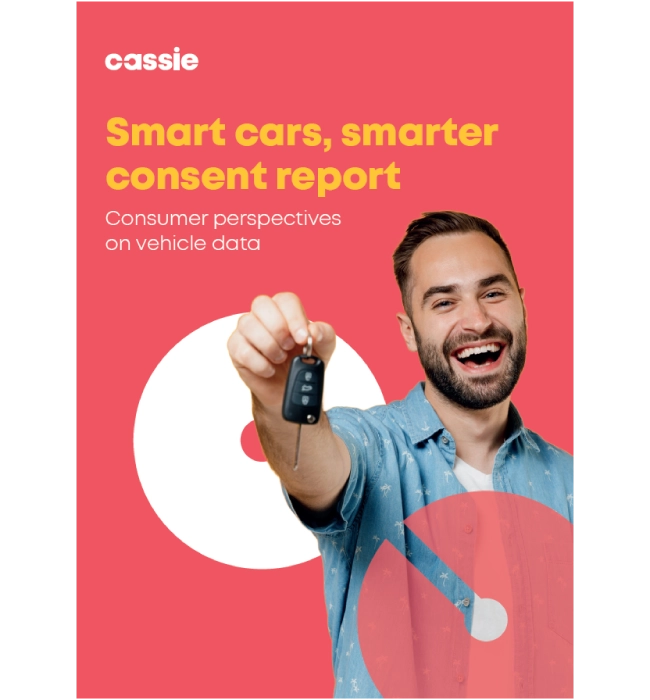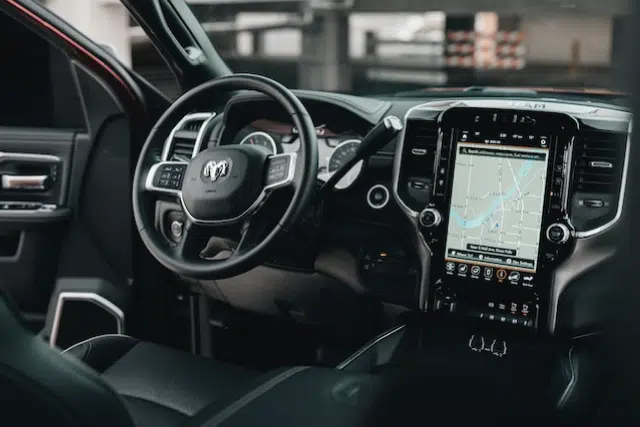How smart is your smart car?
Posted: November 29, 2023
As the world around us becomes increasingly digitized, our devices are becoming smarter and smarter. Cars are no exception: “smart” or “connected” cars use data to power everything from infotainment systems to self-driving capabilities to change the way we experience the road.
To understand drivers’ sentiment surrounding the collection and use of their data, Cassie surveyed hundreds of US-based drivers for our latest research report: Smart Cars, Smarter Consent. We found that more and more connected cars are hitting the road today, with 62% of drivers telling us they have a tech-enabled vehicle.
Features like navigation and infotainment systems emerged as the most popular functionalities, and they’re catching the eye of potential buyers – 68% of those who don’t currently own a connected car noted they’re interested in purchasing one in the future.
With new tech comes new responsibility
But just like with any other major innovation or advancement, drivers are wary about the potential hazards this shiny new tech could pose. Thirty-six percent of connected car drivers shared they’re concerned about the security risks associated with their tech features. Note: Toyota drivers were 33% more likely than average to say this.
Panelists are especially apprehensive when it comes to the security of their personal data. More than half (57%) said they’re worried about the safety implications of a data breach. Note: Chevrolet drivers were 21% more likely than average to say this.
Some drivers are so concerned they’ll avoid using the tech altogether. Nearly ¼ told us they’ve refrained from using certain tech functionalities due to privacy concerns, and six in ten of these said they’re particularly uncomfortable sharing in-car audio and voice data.
Data privacy is a competitive advantage
Strong and transparent data privacy has serious implications for manufacturers’ bottom lines. Seventy-five percent of drivers who are considering purchasing a connected car said they would buy one sooner if data privacy were enhanced. Note: Ford drivers were 27% more likely than average to say this.
What’s more, the vast majority of drivers (82%) told us they’re more likely to buy from a manufacturer that has not experienced data breaches than one that has. As such, shoring up consent management and best data practices will give early actors a competitive edge.
Stay tuned for our upcoming blog posts, where we’ll explore drivers’ data literacy and how manufacturers can use transparency and preference management to build trust among their customers.

Download our “Smart cars, smarter consent” research report
Explore the latest insights on consumer perceptions of data privacy in connected car technology. Surveying over 600 U.S. consumers, Cassie’s latest report uncovers concerns about automotive data privacy, emphasizing priorities such as anonymization and transparency.
In this report we consider:
- Customer attitudes towards data privacy in connected cars
- Concerns and considerations of drivers with tech-enabled cars
- Exploration of the types and extent of data collected by vehicles
- Steps automotive makers can take to build customer trust

